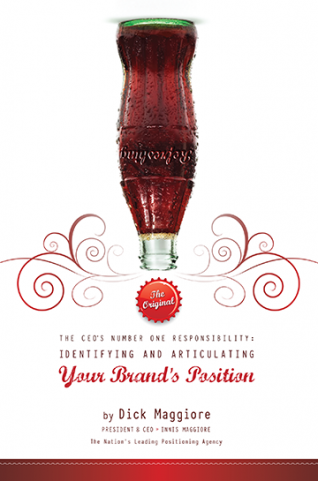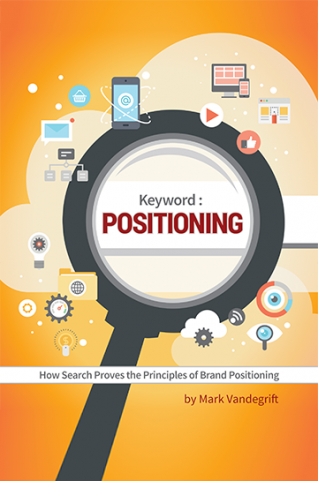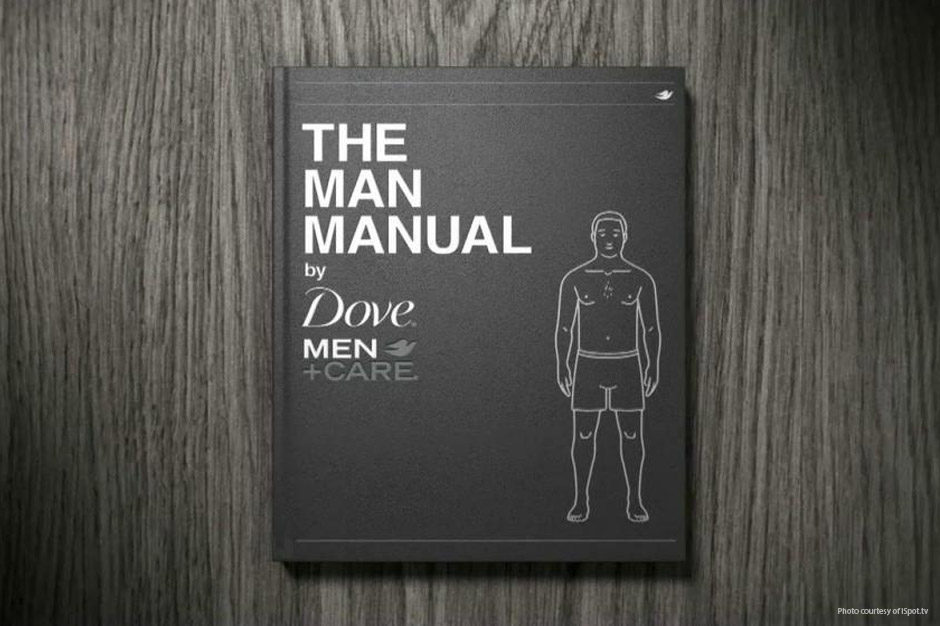This Father's Day, Dove® wants to sell more product. So, it has jumped gender and journeyed into product line extension land. Unilever, the parent company, wants to sell dad antiperspirant, deodorant and soap. Yes, Dove for dads -- brand androgyny. Give me a break!
There's often this irresistible pressure for managers who need to sustain the brand's double-digit growth. The urge is understandable. The reasons for product line extension are obvious. When a company has saturated a market with one product, it has two options for growth. Either it can expand into a new market or launch a new product.
If it goes for the latter option, there are economic reasons for using the same brand name. After all, the product line extension results in immediate consumer recognition, less money spent on advertising and increased visibility of the parent brand. Further, costs are saved if the product line extension can use the same distribution network as the original product.
So, product line extension comes in for the rescue. Problem is, line extension is almost always a lousy strategy. In fact, 90 percent of the time it fails.
In the case of Dove, the brand's equity is strongly established with women. While a few new customers of the opposite sex are being gained, as time goes on Dove will lose many more existing and potential customers as its brand position erodes.
The key principle of positioning strategy is that a brand can only stand for one idea in the customer's mind. Dove stands for women's hair and skin care products.
Invariably, the leader in any category is the brand that is not line extended. Take baby food, for example. Gerber has 72 percent of the market, way ahead of Beech-Nut and Heinz, the two line-extended brands.
One must narrow the focus in order to build a strong position in the customer's mind. That takes a lot of discipline over a long period of time. Often, the best thing a new marketing director can do is nothing -- other than staying the course.
What usually happens when an established brand extends itself, sales do go up in the shorter term. However, longer term, sales level off and begin a decline. Even more damaging, the brand's established position erodes. Finally, the brand has opened itself up to a sharply focused competitor.
There are many examples of product line extension successes. For example, Coke® introduced Diet Coke® -- a spectacular success. Today, Diet Coke® is the number-two top-selling cola drink even surpassing Pepsi®. The number-one selling cola is, you guessed it, Coke®.
Gillette® is often celebrated as a great "how to" model for product line extensions. It moved smoothly from selling razors to selling shaving cream. With such compatible products the success of one product feeds the success of the other and the brand as a whole feels the benefit.
The Campbell Soup Company successfully extended its condensed line over the years with one variation after another, from chicken noodle to creamy chicken noodle and from cream of mushroom to cream of chicken and mushroom. However, it hasn't had the same level of success with its Select Harvest® line of premium soups. Campbell's is positioned in the customer's mind as the leader of "mediocre" soups. Progresso® owns the "premium" soup ladder in the mind.
There are many more examples of product line extension failures (or we suspect soon-to-be failures): A. 1.® Poultry Sauce, Play-Doh Cologne®, New Coke®, Colgate's Kitchen Entrees® (a line of frozen dinners), Bic Pantyhose®, Bayer® Non-Aspirin, Coors® Rocky Mountain Spring Water, Starbucks VIA® (instant coffee for home use), Harley-Davidson Cake Decorating Kit®, Heinz® Mayonnaise, Hooters® Energy Drink, Jeff Gordon Collection Wine, Trump Steaks, Trump Vodka, Trump Rugs, Trump Water, Trump Cologne, etc., eBay ExpressT, Volvo® C70 convertibles & coupes (biggest automotive sales flops of 2005!), IBM® Personal Computers (IBM lost $15 billion over a 23-year period trying to sell PCs).
Will marketers ever learn the secret? There must be a close relevance of the core product's positioning to the line-extended product. Ego and the lure of the big hit in a completely different category get in the way.
Dick Maggiore is Innis Maggiore's President & CEO.



